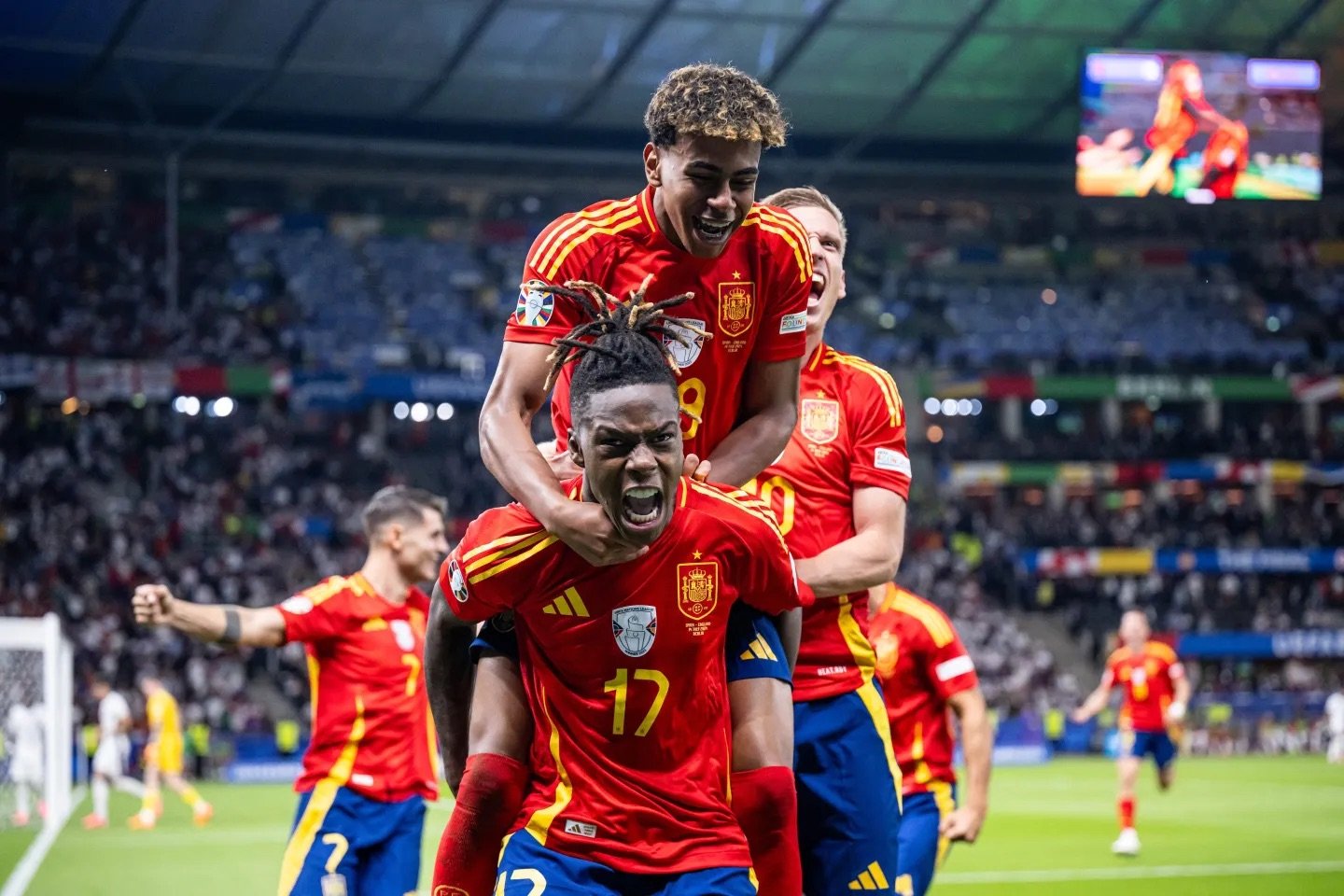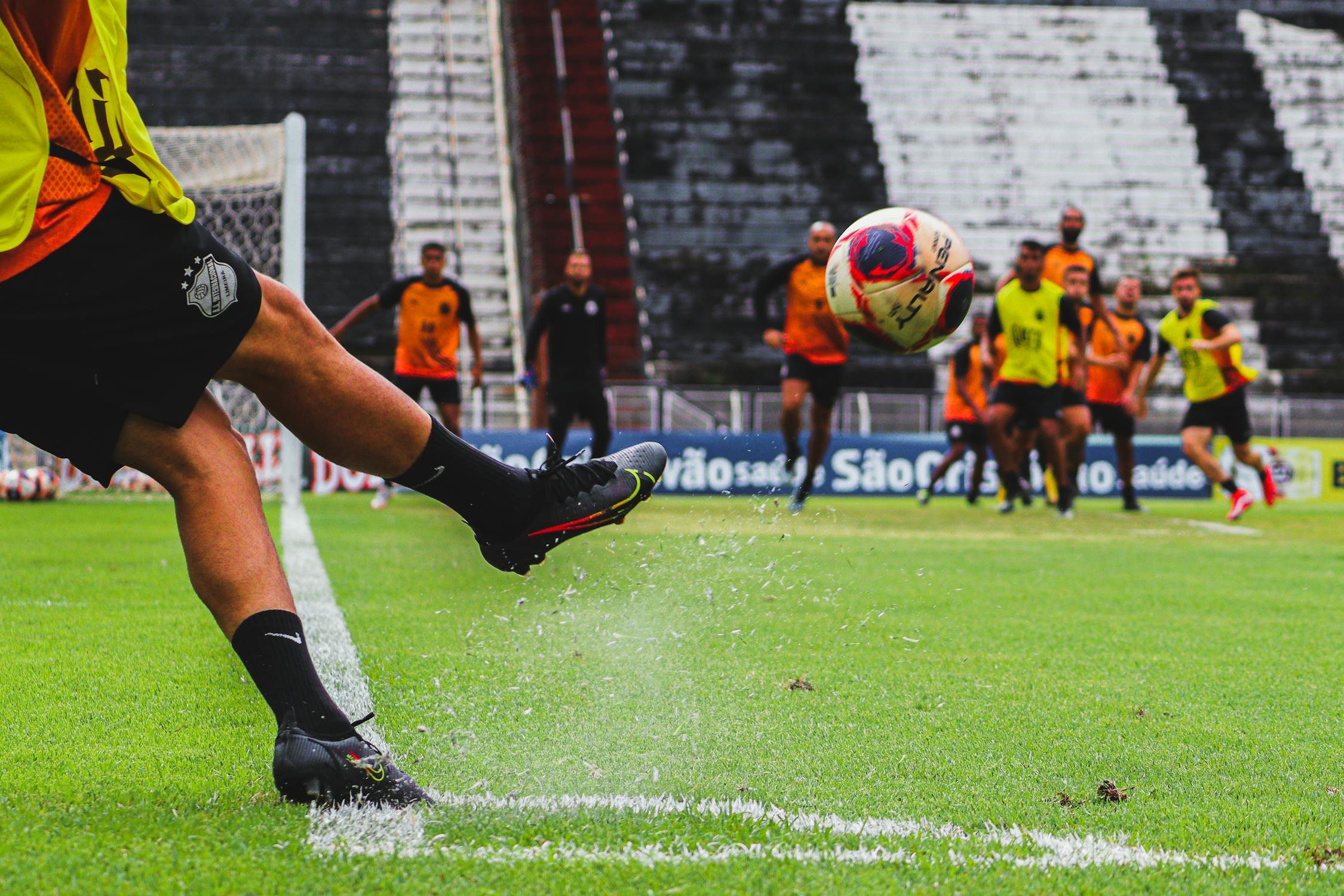Seniors
1. Elizabeth Beardsley (Maryland)
2. Macy Enneking (Iowa)
3. Nadia Cooper (Washington State)
4. Marzia Josephson (Kentucky)
5. Ryan Campbell (UCLA)
6. Maddie Prohaska (Auburn)
7. Leah Freeman (Duke)
8. Mia Justus (Texas)
9. Clare Gagne (North Carolina, Canada)
10. Anna Karpenko (Georgetown, Canada)
11. Megan Plaschko (TCU)
12. Stephanie Sparkowski (Michigan)
13. Haley Craig (Stanford)
14. Wiebke Willebrandt (Boston College, Germany)
15. CJ Graham (Utah Valley)
16. Maddy Anderson (Mississippi State)
17. Tyler McCamey (Princeton)
18. Shu Ohba (Mississippi, Japan)
19. Genevieve Crenshaw (Boise State)
20. Ashley Naylor (UC Irvine)
One to Watch: Elizabeth Beardsley. It’s uncommon to see a top goalkeeper with so few winning moments on their resume. Beardsley qualified for the national tournament once (2022) and only amassed fifteen wins over four years. Although critics may raise an eyebrow, Beardsley is one of the most complete goalkeepers to come out of college in the last few years. The increased shots Beardsley has faced over the past four years sharpened her ability to know when to rely on her athleticism and when to be patient. The real question now is if she’ll have to continue to be patient by sitting on the bench in the NWSL or if she’ll have opportunities to continue to grow her game.
Juniors
1. Teagan Wy (California)
2. Pauline Nelles (Arizona State, Germany)
3. Olivia Pratapas (NC State)
4. Jordan Brown (Georgia)
5. Shea Vanderbosch (Syracuse)
6. Jordan Nytes (Colorado)
7. Sally Rainey (New Hampshire)
8. Addy Holgorsen (Clemson)
9. Caroline Duffy (Oklahoma)
10. Kamryn Willoughby (Eastern Washington)
One to Watch: Jordan Brown. To the surprise of Bulldog supporters, Jordan Brown and Georgia were bounced from the NCAA tournament by unseeded Colorado. The visiting side scouted Brown well, taking away her clear strengths and forcing her to handle awkward situations in front of net. The final two goals against Georgia in the 3-2 loss were from a poor rebound and then inefficient body shape from Brown on a breakaway that yielded the game-winner. That’s not to take away from Brown’s elite-level playmaking ability when it comes to covering the corners of the net. However, Brown needs to become even more efficient with her movement and shot-stopping if she wants to make a run in either professional league in the US.
Sophomores
1. Addie Todd (Florida State)
2. Victoria Safradin (Virginia)
3. Nona Reason (Clemson)
4. Olivia Bodmer (Rutgers)
5. Maddie Buckley (UC Santa Barbara)
6. Sarah Martin (Minnesota)
7. Emily Edwards (Purdue)
8. Mackenzie Gress (Penn State)
9. Izzy Lee (Illinois)
10. Anna Markland (Southern Indiana)
11. Kate Phillips (Missouri)
12. Bayliss Flynn (Montana)
13. Allison Deardorff (Loyola-Chicago)
One to Watch: Anna Markland. It’s not often that the University of Southern Indiana boasts a top goalkeeper but Anna Markland has been a joy to watch this season. Markland quickly showed what Samford would be missing after the 5’10” goalkeeper left the Bulldogs after one year to join Southern Indiana, where she immediately won the OVC’s Goalkeeper of the Year award in 2023. As for the Alabama native’s ceiling, it’s hard to say. Markland can be a little overreliant on her athleticism, which is impressive in its own right. However, if she’s looking to be something more than just a USI great, she’ll need to take on more responsibility in communication and footwork to help the team reverse the current direction of their GAA.
Freshmen
1. Jillian Medvecky (Pepperdine)
2. Liv Geller (TCU)
3. Sonoma Kasica (Notre Dame)
4. Sarah Wommack (Appalachian State)
5. Sydney Fuller (Texas A&M)
6. Anna Shamgochian (Yale)
7. Hannah Johann (North Carolina, Germany)
8. Marihicks Bishop (North Texas)
9. Paloma Pena Toro (Florida)
10. Jamie Campbell (Colorado)
11. Caroline Dysart (Duke)
12. Cate Burns (Siena)
13. Adelaide Paredes (Mount St. Mary's)
One to Watch: Liv Geller. It’s refreshing to see a goalkeeper whose game is built on power also be comfortable coming off her line. After 600 minutes with the Horned Frogs this fall, Geller showed an impressive desire to take on responsibility in the game that wasn’t exclusively shot-stopping. On the other side of the coin, there were moments where Geller struggled with pressure under the possession, seeing awkward turnovers against Arizona and Cal Poly. Now Senior goalkeeper Megan Plaschko eyeing the professional game, it’s up to Geller to convince TCU she can smooth out the wrinkles and be the number one for the next three years.
Past Collegiate Goalkeeper Rankings
2024: Preseason
2023: Preseason and Final
2022: Preseason and Final
2021: Preseason and Final
2020: Preseason and Final
2019: Preseason and Final
2018: Preseason and Final
2017: Preseason and Final
2016: Preseason and Final
2015: Preseason and Final

